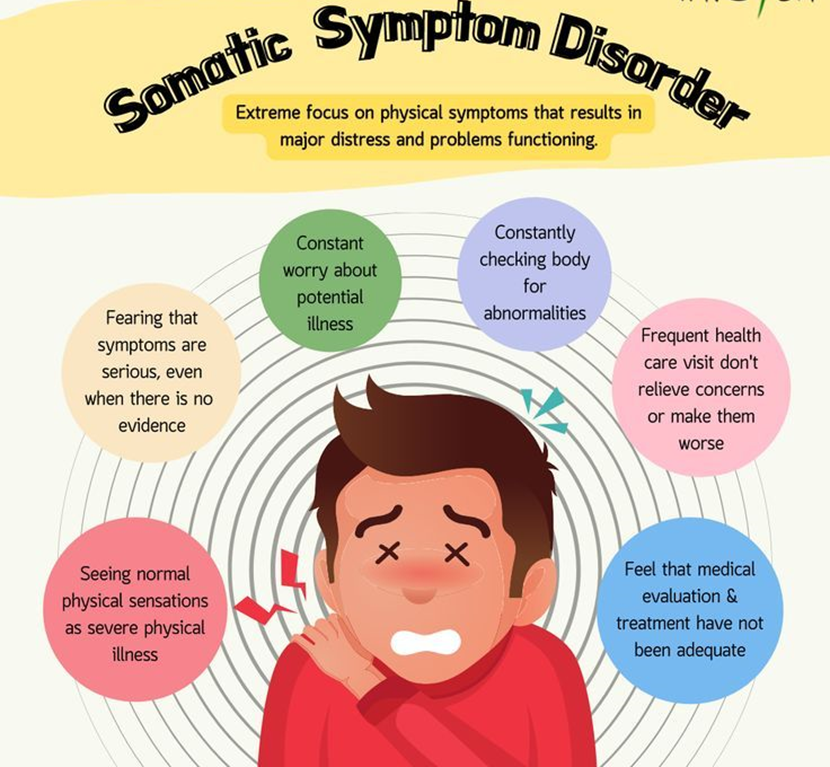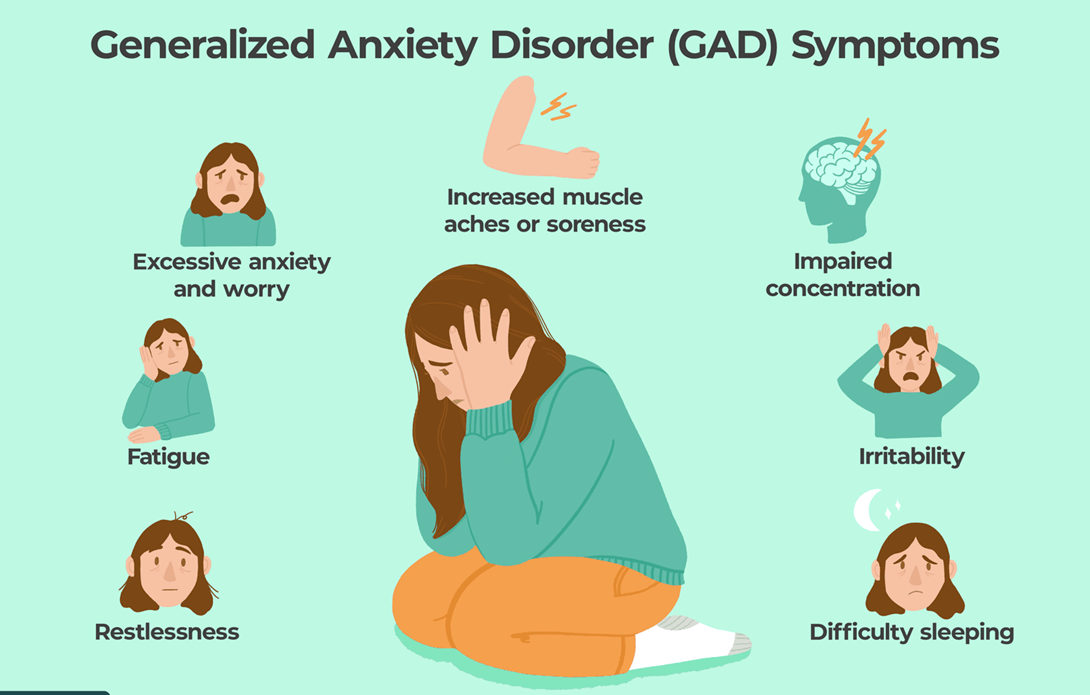The nurse observes a lack of hair on the eyebrows and hairline of a young adolescent. Which statement made by the parent demonstrates an understanding of the type of hair loss the child is experiencing?
"I think it is the shampoo and conditioner my child is using."
"I have watched my child pull hair out and try to hide it."
"I started losing some hair at a young age and think it is just shedding."
"My child doesn't appear to be nervous or upset about anything."
The Correct Answer is B
Choice A reason: Shampoo and conditioner are unlikely to cause hair loss on the eyebrows and hairline.
Choice B reason: The parent's observation of the child pulling out hair and attempting to hide it suggests trichotillomania, a condition where individuals pull out their hair as a response to stress or anxiety.
Choice C reason: Genetic factors may contribute to hair loss, but the behavior described by the parent in choice B is more indicative of trichotillomania.
Choice D reason: The absence of visible nervousness or upset does not rule out trichotillomania, as the behavior can be a coping mechanism for internal distress.
Nursing Test Bank
Naxlex Comprehensive Predictor Exams
Related Questions
Correct Answer is ["A","B","C","E"]
Explanation
Choice A reason: Demonstrating alternative ways to deal with stress and anxiety is a measurable outcome, as the client can be observed utilizing different coping strategies in response to stressors.
Choice B reason: The ability to verbally express emotional feelings is an important therapeutic goal for clients with somatic symptom disorder, as it can help them articulate emotions rather than expressing them through physical symptoms.

Choice C reason: Identifying the relationship between stress and physical symptoms is a key component of managing somatic symptom disorder, as it helps the client understand how psychological factors can manifest physically.
Choice D reason: Learning to vary their schedule can help the client avoid routines that may contribute to stress, providing a sense of control and flexibility.
Choice E reason: Assuming responsibility for self-care activities is a significant step towards empowerment and self-management, which is essential for long-term treatment success.
Correct Answer is ["A","B","D","E"]
Explanation
Choice A: Hyperventilation
Hyperventilation is rapid breathing that usually occurs because of anxiety or panic. This leads to low levels of carbon dioxide in your blood which causes a number of symptoms. Hyperventilation in anxiety can be a tricky thing to understand. On one hand, it can feel like you're suffocating or not getting enough air. On the other hand, hyperventilation can also cause shortness of breath, chest pain, and lightheadedness.
Choice B: Irritability
Irritability is a common symptom of Generalized Anxiety Disorder (GAD). Individuals with GAD often experience severe feelings of fear and unease and report feeling restless and irritable that interfere with the quality of their life.

Choice C: Anorexia
While there is a relationship between anxiety disorders and anorexia nervosa, anorexia is not a common symptom of Generalized Anxiety Disorder (GAD). Anorexia nervosa is a separate disorder that involves a fear of gaining weight and a distorted body image.
Choice D: Insomnia
Insomnia is highly prevalent in psychiatric disorders, and it has significant implications. The anxiety that characterizes GAD often interferes with the ability to sleep and leads to insomnia. This is not unexpected. Anxiety might be viewed as an inappropriate escalation of a response called arousal.
Choice E: Fatigue
Fatigue is a common symptom of Generalized Anxiety Disorder (GAD). Individuals with GAD may feel restless and have trouble relaxing. They may also tire easily or feel tired all the time.
Whether you are a student looking to ace your exams or a practicing nurse seeking to enhance your expertise , our nursing education contents will empower you with the confidence and competence to make a difference in the lives of patients and become a respected leader in the healthcare field.
Visit Naxlex, invest in your future and unlock endless possibilities with our unparalleled nursing education contents today
Report Wrong Answer on the Current Question
Do you disagree with the answer? If yes, what is your expected answer? Explain.
Kindly be descriptive with the issue you are facing.
